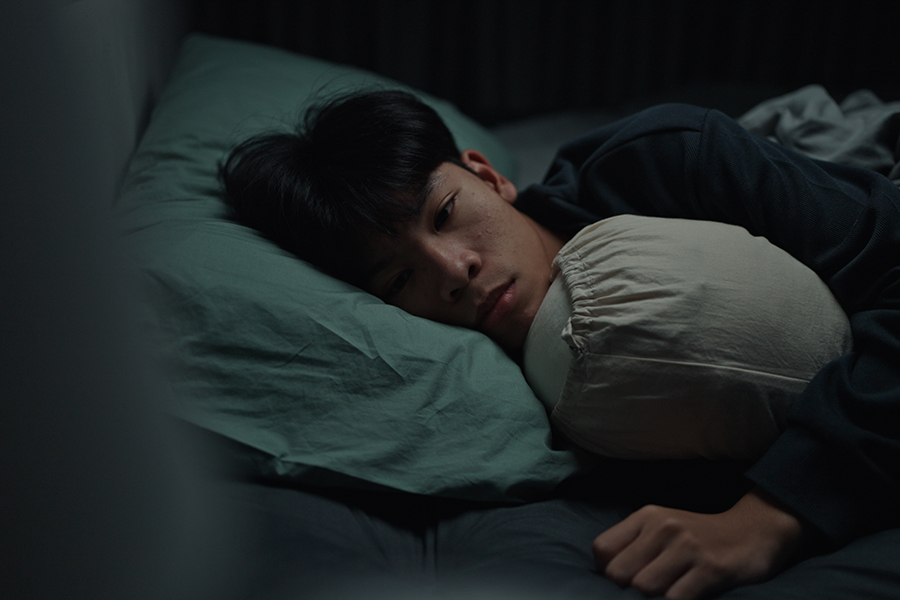If your child has anxiety, school can be a daily struggle. Your child may resist getting out of bed, express physical complaints like stomachaches or headaches before bed or in the morning, or struggle to make friends. Some subjects may feel especially challenging, and the noise and activity of the school environment can be overwhelming.
The reasons for school-related anxiety can vary, but one thing is clear: when a child is preoccupied with worry, it’s hard for them to focus on academics. Over time, this can lead to a cycle of frustration and fear, with each worry feeding into the next. An anxious child’s inner dialogue might sound something like this:
“I can’t focus because I’m worrying about my mom’s safety, so now I missed the math lesson. I don’t know how to solve these problems, but I’m afraid to ask for help. My teacher will be upset with me. Now I have a homework sheet of 20 problems I don’t understand. And I have science and spelling homework, too. Samantha wouldn’t play with me today—did I do something wrong? What did the teacher just say? Was that the bell? Are we going to gym? I can’t do this!”
How Can I Help My Anxious Child Succeed in School?
Fortunately, there are support plans available that can help. These come in two forms: a 504 Accommodation Plan and an Individualized Education Plan (IEP).
504 Accommodation Plan
A 504 Accommodation Plan provides support once a diagnosis is in place. Created by a team including parents, the principal, the school nurse, teachers, and a counselor, this plan offers accommodations that help your child manage their anxiety at school. It’s valid for a year and can be updated annually, though reviewing every three months is often beneficial as a child’s needs can fluctuate throughout the year.
Common 504 accommodations for anxiety include:
- Daily check-ins: Inform the school team—principal, counselor, and teacher—about your child’s challenges so they can help make the morning routine smoother. Arrangements could include a designated staff member to meet your child at drop-off to ease separation and transition.
- Flexible attendance: If attending a full day is overwhelming, consider a gradual return—starting with a half-day and slowly adding classes as your child adjusts.
- Staggered entry: Allowing your child to arrive before or after the morning rush can reduce anxiety about crowded hallways.
- Regular check-ins: Establishing a trusted adult (like a guidance counselor) who meets with your child regularly or on an as-needed basis can provide comfort and support.
Individualized Education Plan (IEP)
An IEP provides specialized education and additional resources if a child’s anxiety significantly impacts their learning. This program can include in-class support or co-teaching for challenging subjects. It involves a case manager from the Child Study Team (CST) and may include testing by the CST or from a clinical psychologist.
For children who have co-existing conditions such as ADHD or specific learning disabilities, the support can be even more comprehensive. Out-of-class resource programs might provide modified curriculum support tailored to their abilities.
An IEP can include 504 accommodations along with additional options such as:
- Reduced workload and homework: Completing only selected problems (e.g., odds or evens) can make assignments feel more manageable.
- Avoidance of spotlight: Allow your child to volunteer instead of calling on them to avoid added pressure.
- Breaks as needed: Giving your child permission to take breaks when they feel overwhelmed can help them reset.
- Safe space: Designate a quiet space in the school where your child can go to decompress.
- Extended time: Allowing extra time on assignments, tests, and quizzes can ease performance pressure.
- Quiet testing environment: Permit your child to complete tests or assignments in a quieter setting if needed.
The Real Impact of Anxiety on School Life
Anxiety can profoundly impact a child’s school experience. For many, holding it together at school means they’re exhausted by the time they get home, leading to emotional outbursts that can be difficult for the family.
As a parent, sharing your child’s struggles with teachers, counselors, and the principal can provide much-needed support and reduce your own burden. By involving the school in your child’s daily challenges, you can help them find relief during the school day rather than bearing the weight of their anxiety alone until they come home.















Great article. Another person on the school team is the school nurse. It is often I see students who have emotional needs during school year and they usually come frequently. Most often a kind listening ear and words of encouragement are all they require to be able to return to class. Serious mental health problems are referred to a school psychologist or pediatric psychiatrist.